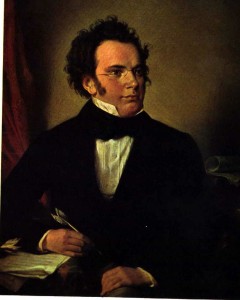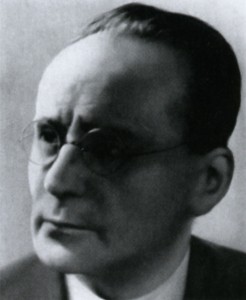
Metal music inherited the album concept from pop music. Originally, records could only hold about 3-5 minutes of sound on each side. In the 1940s new techniques allowed each side of a record to hold around 20 minutes of music on each side. Because of these limitations, the ‘single’ became the standard composition in popular music. As LPs became more prominent, the single, played over the radio, was used as the marketing device to sell albums: a couple of catchy singles swimming in a thin grey soup of filler material. Because it is only marginally more difficult and expensive to record and produce a whole album, there are much higher profit margins on LPs than on singles. That a pop album was not a consciously constructed artistic whole is borne by the fact that pop ‘greatest hits’ albums are easy to listen to, straightforward affairs. Consider a greatest hits album from a metal artist… at best it is off-putting and at worst it is a flaccid, confusing affair because all the songs have been removed from their appropriate context.
24 CommentsTags: Beethoven, Classical, compositions, Det Som Engang Var, metal, music theory, rock format, romantic, songwriting



